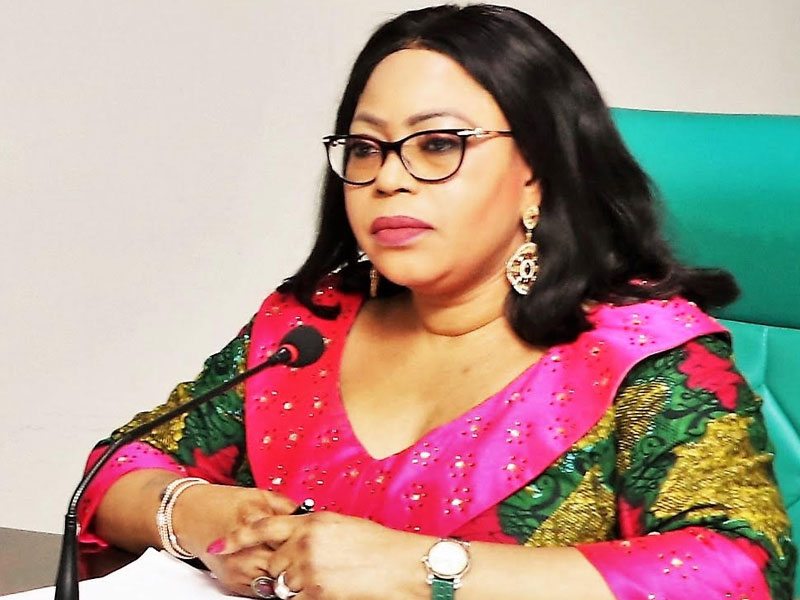Mrs Vicky Haastrup, Executive Vice Chairman, ENL Consortium said that customs processes needed to be addressed for Nigeria to reap the benefits of the African Continental Free Trade Area (AFCFTA).
Haastrup said this at the maiden edition of the Nigeria International Maritime Summit (NIMS) in Lagos on Wednesday with the theme: ”Becoming a Significant Maritime Nation.”
She spoke on the topic, ”Achieving Effective Trade Facilitation in Nigeria and Activating the Nigeria Agenda for the African Continental Free Trade Area.”
According to her, customs has to do with trade facilitation and if the country wants to enjoy the benefits, it needs to put its house in order and ensure that trade moves smoothly.
She listed other problems that needed to be tackled as: regulatory environment, policy somersault and charges.
Haastrup said that the challenges if tackled would lead to more productivity and efficiency in the port.
“Customs services is constituting a serious bottleneck in trade facilitation with 100 per cent physical examination even when scanners are available.
“The principal of the cargo being examined suffers and they push it down to the buyers, we Nigerians.
“Also, when the containers are released from the port, you have federal enforcement officers on the road interrupting movement. They should be called to order,” she said.
On the regulatory environment, Haastrup said that the government needed to listen to people that operate in the industry as they know where the ”pain pinches them.”
“We have policy somersault, charges from government agencies and even terminal operators, many government agencies are in the port and this adds to the dwell time of vessels,” she said.
Mr Emmanuel Jime, the Executive Secretary, Nigerian Shippers’ Council (NSC), said that for Nigeria to take its place as a regional hub, statistics like the Global Logistics Performance Index (GLPI), Dwell time of Cargo and others should be addressed.
“For the GLPI, Nigeria is rated 14 in Africa, cargo dwell time, Nigeria is 20 days while some African country have between four and five days, these statistics impact negatively on the cost of doing business,” he said.
Jime noted that the council had put some interventions to ensure smooth operations at the port.
“A Memorandum of Understanding was signed by terminal operators and as at today, terminal operators cannot unilaterally increase tariff without putting their justification and getting the buy-in of the council.
“An inter-agency platform was instituted in form of the Nigerian Port Process Manual to showcase every agency task,” he said.
On the container deposit, the NSC boss that the council was pushing for an insurance scheme to ensure that rackets being perpetuated with the deposit was stopped.
Also, Ms Lara Lana, the Managing Director, Maersk Nigeria Ltd., while responding to the issue of container deposit by NSC noted that they needed guarantee that containers taken out would be returned.
Lana said the company lost 3,000 containers and have up to 12,000 containers that need to be moved back to China but still in the port.
“We are open to discussion so that actions taken will be beneficial to all parties,” she said.
The NIMS is the only whole-of-value-chain business event for international organisation, policy makers regulator and others in the Nigeria’s maritime industry that highlights the most important issue affecting maritime investment and operations in Nigeria.





